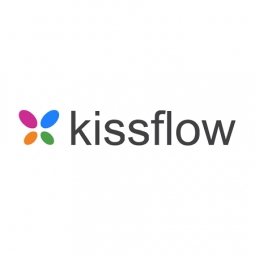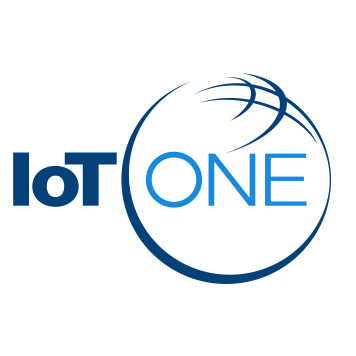Download PDF

Kissflow
Overview
HQ Location
United States
Year Founded
2012
Company Type
Private
Revenue
$10-100m
Employees
201 - 1,000
Website
Twitter Handle
Company Description
Kissflow is a company that provides a low-code development platform. Its solutions include workflow and case management, Digital Transformation, process automation, legacy modernization, and app development. The company caters to the oil and gas, banking, insurance, healthcare, manufacturing, and retail industries.
IoT Snapshot
Kissflow is a provider of Industrial IoT robots, platform as a service (paas), analytics and modeling, networks and connectivity, application infrastructure and middleware, functional applications, automation and control, infrastructure as a service (iaas), and drones technologies, and also active in the agriculture, automotive, buildings, cement, cities and municipalities, education, equipment and machinery, finance and insurance, packaging, paper and pulp, retail, telecommunications, transportation, and utilities industries.
Technologies
Use Cases
Functional Areas
Industries
Services
Technology Stack
Kissflow’s Technology Stack maps Kissflow’s participation in the robots, platform as a service (paas), analytics and modeling, networks and connectivity, application infrastructure and middleware, functional applications, automation and control, infrastructure as a service (iaas), and drones IoT Technology stack.
-
Devices Layer
-
Edge Layer
-
Cloud Layer
-
Application Layer
-
Supporting Technologies
Technological Capability:
None
Minor
Moderate
Strong
Case Studies.
Case Study
Automating Processes for Efficiency: A Case Study on Lumen's Adoption of Kissflow
Lumen, an automotive manufacturer, was grappling with several operational challenges. The company was heavily reliant on manual processes, with the exception of their purchase order requests. They were also struggling with a hard-to-use legacy system, which was so cumbersome that they had only managed to launch one form in three years. Additionally, their data was dispersed across various locations, making it difficult for stakeholders to access and analyze it in a consolidated manner. Lumen also desired to connect applications and kick off sub-processes using information gained from other processes, a capability their existing system did not offer.
Case Study
Digital Transformation: A Key to Decarbonization at First Philippine Holdings
First Philippine Holdings (FPH), a pioneering holdings company with a strong portfolio in clean and renewable energy, faced significant challenges in its operations due to manual processes. The approval workflows were manual, involving sifting through hundreds of emails, physical forms, and SAP data. This not only made the process time-consuming but also led to difficulties in tracking approval requests. Approval requests often got lost due to the lack of a centralized tracking tool. Furthermore, obtaining timely approvals from senior leaders was nearly impossible without a mobile workflow management application. The pandemic further highlighted the need for digitalization and minimizing the company's carbon footprint.
Case Study
Motorola Solutions: Streamlining Operations with Integrated Tech Ecosystem
Motorola Solutions, a global leader in public safety and enterprise security, was facing several operational challenges. The company was struggling with poor process visibility due to the use of multiple tools for similar use cases, which resulted in data silos. The leadership team was in dire need of a system that could provide a comprehensive view of the enterprise's business operations. Another challenge was the lack of integrations. As the users frequently interacted with, inputted, or pulled data, a system that supported integrations with multiple tools was necessary. Additionally, the company was experiencing a lag in business process updates. As business processes evolve over time, Motorola Solutions needed a system that could keep pace with these changes.





